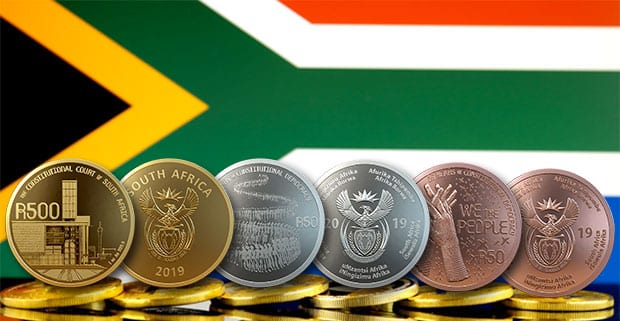Cape Town Hotels No.1 for Online Reputation
Cape Town’s hotels are rated tops for their online reputation, according to a new report issued by PwC. The city’s hotels take the number one spot for their service, location and value. Johannesburg comes in third behind Vilnius, with Edinburgh and Lisbon the only two western cities to make it onto the top 10 list. Guests in Johannesburg rated their hotels more positively for their cleanliness than most other cities in the Middle East and Africa.
These are some of the findings from PwC’s study Online reputations –why hotel reviews matters and hotels respond.
The report, analyses the online reputations of more than 11,006 hotels in 48 cities in Europe, the Middle East, Africa and India. The purpose of the study is to show hotel and destination managers alike how guests rate these cities on online review portals and where there is room for improvement. Each city and region is covered in detail.
Insights are also provided into how management can better respond to online reviews, the impact that this may have on service recovery in the digital age, the potential (or imminent) inclusion of online reviews in hotel management contracts, and the value that these reviews pose for destination managers.
Middle East and Africa hotels’ best features, say the online reviews, are location and cleanliness. Those same online reviews say that the worst features are room (quality) and value.
According to PwC’s recent Hospitality Outlook 2015-2019, Cape Town is the dominant tourist attraction and hotels in the city flourished in 2014. Film companies are using the city for its natural beauty as well as a strong infrastructure of skilled labour and facilities. A total investment of R3.5 bn is planned for new hotels in Cape Town over the next four years, which will result in adding 2 100 rooms to the overall market.
Some hoteliers see reviews, especially negative ones, as a nuisance and are still unsure as to how to use them to improve their business. Some still tend to dispute their validity as a source of reliable information and go on the defensive.
Nikki Forster, Hospitality & Gaming Industry Leader for PwC Southern Africa, says: “Today, hotel online reviews have become one of the primary information sources for guests during the buying process. But even if some may challenge their validity, this is what is written about a hotel in the public space.
“Therefore hotels should pro-actively manage their online ratings, and embrace online reviews as an opportunity for constructive exchange with their guests. Hotels that not only monitor and respond to them, professionally, rapidly and honesty, and use them to improve their product where it is perceived negatively, will come out winners in the long run.”
According to the report, Eastern Europe has the largest Global Review Index (GRI) across the board and in each category. This indicates that Eastern European hotels seem to be meeting or are exceeding guests’ expectations most often.
Beyond the individual properties, destination management organisations will also find the reviews useful in understanding the success factors in destinations that visitors rate highly, and where there may be room for improvement in their own realm. Owners, investors and asset managers in turn will find online reviews an interesting addition in the overall assessment of their asset management companies’ performance in the market.
About PwC:
PwC helps organisations and individuals create the value they’re looking for. We’re a network of firms in 157 countries with more than 195,000 people who are committed to delivering quality in assurance, tax and advisory services. Find out more and tell us what matters to you by visiting us at www.pwc.com. PwC refers to the PwC network and/or one or more of its member firms, each of which is a separate legal entity.






